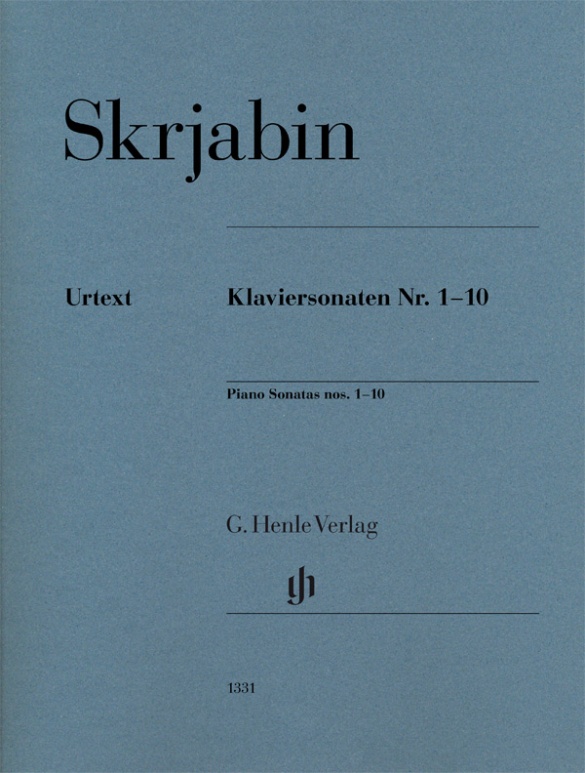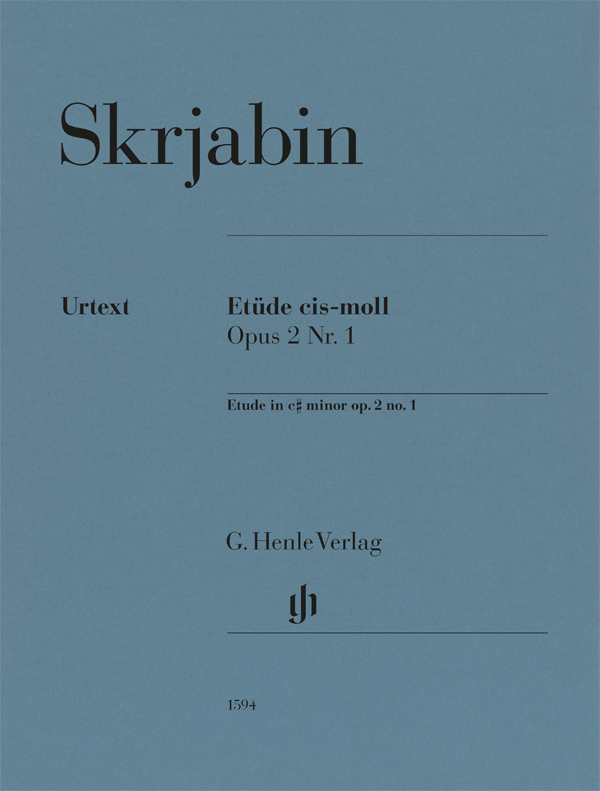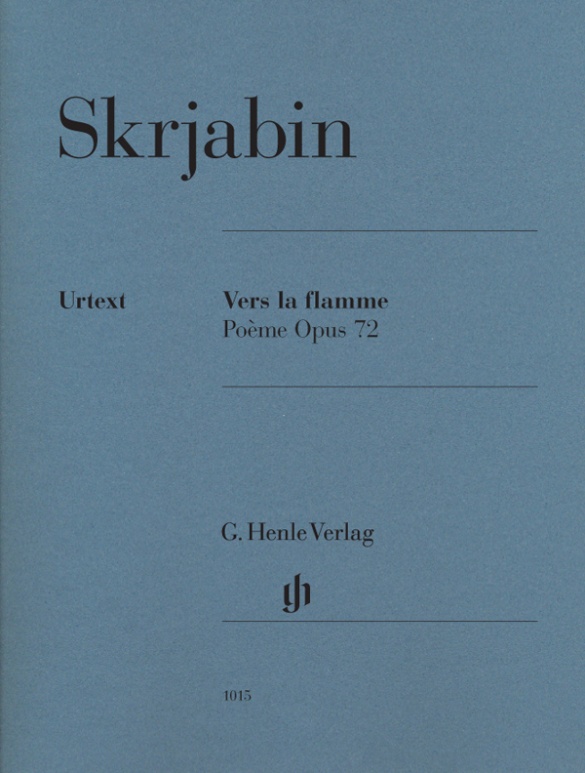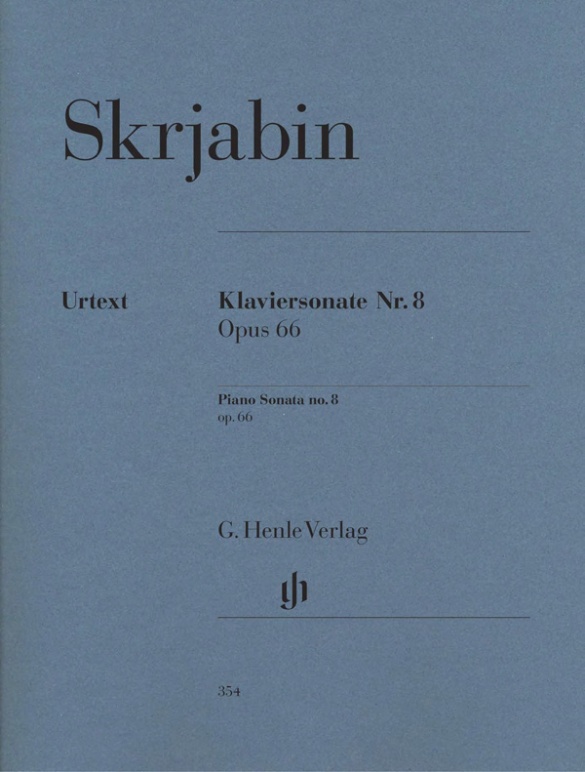

Alexander Scriabin
Piano Sonata no. 8 op. 66
In his last years, Scriabin realized a noble and great idea. Inspired by his study of theosophical writings, he dreamed of joining music, poetry, mime, architecture, light, colour and even aromas to create a “Gesamtkunstwerk”, and thus elevate human beings to a higher level of consciousness. This “Mysterium” was never completed, but his late piano sonatas – conceived as preliminary studies – enable us to see what moved Scriabin. He spent a particularly long time working on his eighth sonata and proofread it intensively; but later quite a few mistakes still found their way into it. Thanks to the autograph and the first edition, ambiguous passages have now been cleared up and corrected in our Urtext edition.
Content/Details
About the Composer
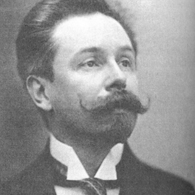
Alexander Skrjabin
Russian composer and pianist. The focal point of his oeuvre is his extremely unique piano music; in addition, he wrote important orchestral works.
| 1872 | Born in Moscow on January 6, the son of a pianist (his mother); she died in 1872. |
| 1888–92 | Piano studies at the Moscow Conservatory |
| 1888–96 | Twenty-four Preludes, Op. 11, containing all the hallmarks of Scriabin’s early period: broad, ornamental cantilenas underpinned by figurations and arpeggios in the style of Chopin, complex rhythmic structure from polyrhythms and syncopations. |
| 1892–1913 | Composition of ten piano sonatas. |
| 1896 | Travels to Paris, Vienna, Rome. |
| 1897 | Piano Concerto in F-sharp minor, Op. 20, in the style of Chopin. |
| 1897–1909/10 | He primarily composes orchestral pieces, including the major works “Le Poème de l’extase” (“The Poem of Ecstasy”) for large orchestra (1905–07), Op. 54, and “Prométhée ou Le Poème du feu” (“Prometheus or The Poem of Fire,” 1908–10); orientation toward Liszt and Wagner; programmatic music with occasional annotations in the musical score, incorporation of philosophical notions into his compositions, which are defined by various philosophical movements from around the turn of the century. Unusual intervals, harmonically at the edge of tonality. |
| 1899–1904 | Composition of his three symphonies, Opp. 26, 29, and 43. |
| 1904 | He resides in Switzerland. |
| 1906 | Invitation to the United States. |
| 1910 | Return to Russia. |
| 1908–10 | “Prométhée ou Le Poème du feu” for piano, orchestra, organ, choir, and clavier à lumière, Op. 60: enrichment of musical performance through plays of light. 1911–14, piano compositions, Opp. 61–74, with avant-garde harmonies. |
| 1913 | Beginning of the multisensory “Acte préalable” (“Prefatory Action”), which is never completed. |
| 1915 | Death in Moscow on April 27. |
About the Authors
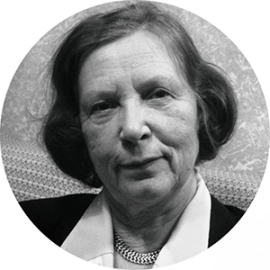
Valentina Rubcova (Editor)
Valentina Rubcova holds a doctorate in musicology, is editor-in-chief of the Moscow music publishing house “Muzyka – P. Jurgenson Publishing House” and deputy head of research at the Scriabin Memorial Museum Moscow.
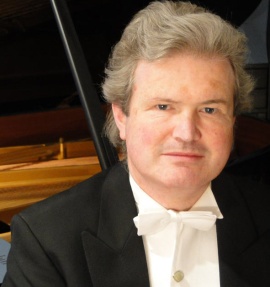
Michael Schneidt (Fingering)
Michael Schneidt, born in Munich, received his piano education at the Staatliche Hochschule für Musik und Theater in Munich, studying with Hugo Steurer and Klaus Schilde. He then completed his artistic state examination with distinction as well as his master-class diploma. He continued his education on a grant from the DAAD with Alessandro Specchi in Florence, also taking master-classes with Paul Badura-Skoda and Bruno Leonardo Gelber. Michael Schneidt has been a prize-winner at international piano competitions (1st prize Viotti-Valsesia, Italy), has done radio and TV broadcasts and also made CD recordings; he has also premiered many contemporary piano works. He has performed in Europe (e.g. at the Prague Spring International Music Festival and at the German Mozart Festival), in Japan and in South America.
Michael Schneidt is Professor of Piano at the Staatliche Hochschule für Musik und Theater in Munich. He has given master-classes in Germany, Switzerland, the Czech Republic and Japan, and is from time to time a member of the jury at music competitions.
Product Safety Informations (GPSR)

G. Henle Verlag
Here you can find the information about the manufacturer of the product.G. Henle Verlag e.K.
Forstenrieder Allee 122
81476 München
Germany
info@henle.de
www.henle.com
Mit Skrjabins 8. Klaviersonate hat der G. Henle Verlag eine Ausgabe vorgelegt, die in der Tradition seiner seit langem bekannten hohen Qualität steht.
Neue Musikzeitung, 2008The clarity of the Henle edition will facilitate initial learning, as it makes the detail of cross-rhythms and layering of voices easy to comprehend.
Piano Professional, 2008Henle continue their admirable re-branding of Scriabin’s complex music with an especially lucid and expansively presented presentation of the mysterious, wistfully lugubrious Eighth Sonata. … Rubcova has also removed a number of unnecessary reminders of accidentals which had existed in earlier publications. Fingering by Michael Schneidt is subtly spread throughout the work and is generally sensible.
International Piano, 2008recommendations
autogenerated_cross_selling
Further editions of this title
Further editions of this title


